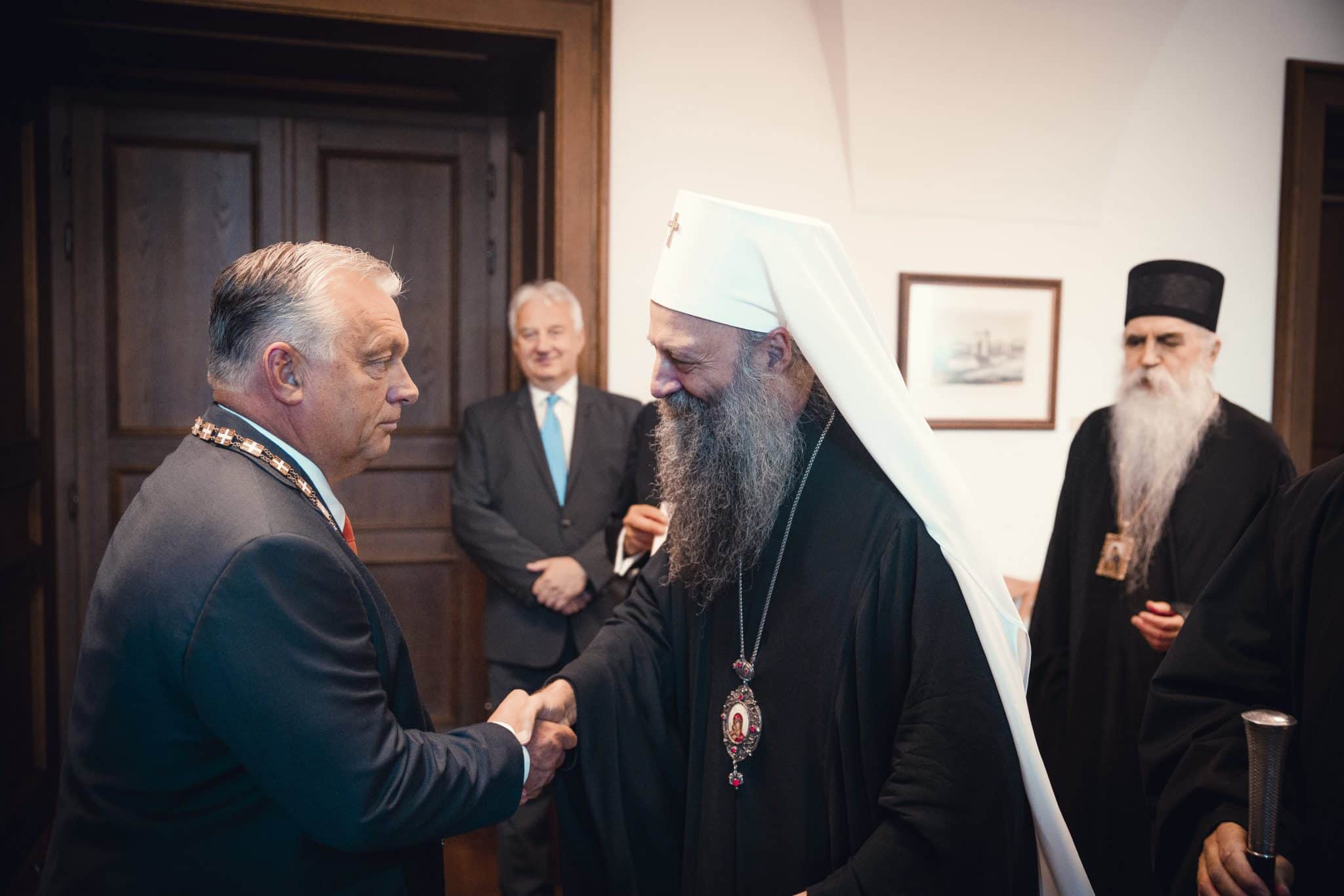Why using the language of war is counterproductive in our global public health crisis: some reflections from self-isolation
Originally published at the Quaker Council for European Affairs
One of the things that has really struck me in today’s peculiar times is the rhetoric of war used by many political leaders to talk about the COVID-19 situation. Such rhetoric seems at best misplaced during a public health crisis – and it could turn out to be extremely dangerous, by excusing violence. A military response is not what we need. On the contrary, the solidarity we can witness at various levels could be the beginning of a post-COVID-19 shift that I believe politicians across the world should be facilitating and promoting.
The war rhetoric is being used to highlight the gravity of the situation but also to gather people and create a sense of unity. As a French citizen it was particularly striking when Emmanuel Macron, in his 16 March speech, said “We are at war” at least seven times. Each time with greater emphasis and drama. But this rhetoric is also being used elsewhere: in the US, Donald Trump called himself a “wartime president”; and in Italy the government asked for a “wartime economy” to solve the situation.
I find this rhetoric insensitive coming from countries considered ‘at peace’ given the conditions that populations in conflict zones must endure. Thinking that we are ‘at war’ risks making us forget how privileged we are in reality, compared to populations who continue to suffer from bombing raids – which will not necessarily stop because of COVID-19. It is even more shocking when we know that countries like Syria are being hit by the virus, and people there cannot be isolated like us. As the spokesperson for the International Red Cross in Iraq said, “Social distancing is a privilege”.
Moreover, this military narrative could end up being quite dangerous for us all as it fuels an anxiety-led atmosphere. By referring to an ‘invisible foe’, we only increase our distrust of the other. This discourse can lead to increased fear and even violence. Since the outbreak of COVID-19, many violent, racist and xenophobic attacks and crimes have taken place. ‘Reducing the fear of others’ is a key objective of the Quaker Council for European Affairs (QCEA). Through its human rights programme, QCEA aims at building positive narratives and reducing hate speech – and in a time like this, this work has never been more essential.
Furthermore, references to war during a public health crisis seem inappropriate since military equipment is useless to resolve this situation. I do not question the contribution of the army in this time of crisis, which is of great help. But in 2019 world military spending experienced its highest increase in ten years (about 4%), and when I see the chronic shortage of masks and ventilators I cannot help but question the relevance of such spending. If you compare what you can buy with the money spent on military equipment it puts things into perspective: for the price of an F-35 nuclear bomber plane you can have around 2,200 ventilators. Our societies are ever more militarised and security-focused, and successive governments have prioritised military budgets over preparing for other threats such as global pandemics or climate change. This crisis should provoke a shift in spending priorities – rethinking the way security is perceived and defined by moving away from ‘hard’ security to human security. There is no unique definition of human security, it goes further than traditional understandings of security focusing on states, proposing a human-focused approach. Prevention, addressing the root causes of conflicts, human development, human rights and public health are among the many elements included in the concept of human security, promoted by QCEA.
That’s why it’s the solidarity and cooperation we’ve seen at the local and community level worldwide which inspires and gives hope. This is peacebuilding at its most basic level, through enhancing social cohesion. Whether through offers to do shopping for vulnerable people, exclusive restaurants cooking for the homeless, neighbours supporting medical and care staff by cooking for them or babysitting their children. These are just some examples of solidarity which are helping us to redefine our relationships to people around us – to strengthen society – let’s hope that this will be COIVD-19’s legacy.
Many commentators are keen to address what comes next. Calling for a redefinition of our entire system is challenging, since trying to imagine a new world is not easy, especially because in times of crisis we tend to wish for a return to ‘normal’ or a utopia version of normal. Some post-COVID-19 scenarios re-imagine the world and such radical change can scare. Nevertheless, this global ‘brainstorming’ is refreshing. A global reflection on how people and organisations can better protect the environment and tackle climate change after this, and live more peacefully has started – I hope governments will follow this wave of self-reflection and not return to ‘business as usual’. This would be a real sign of human resilience and our species’ capacity to learn and evolve.











